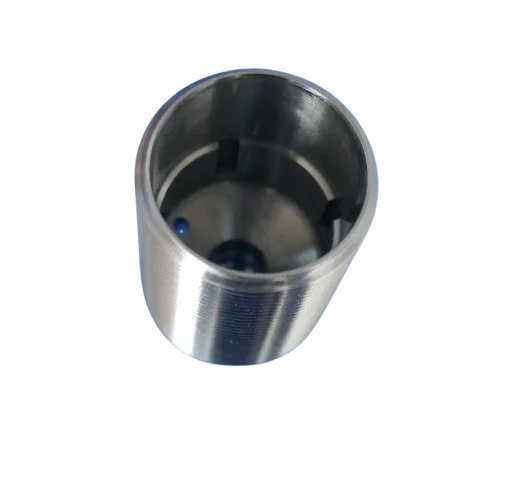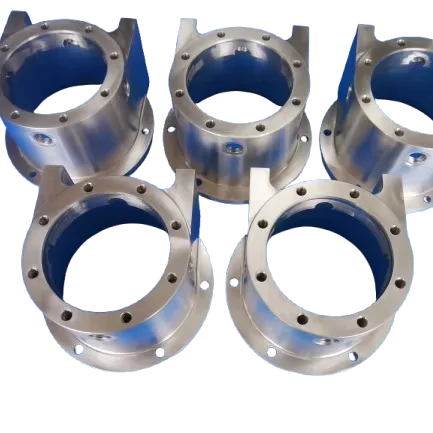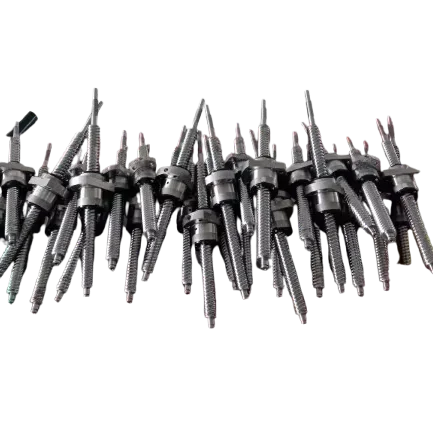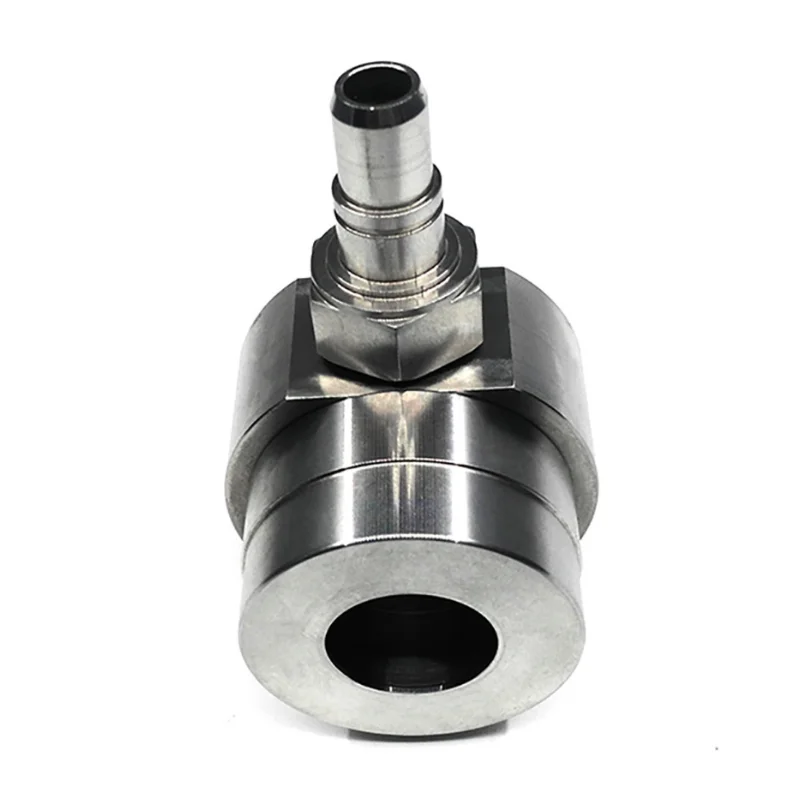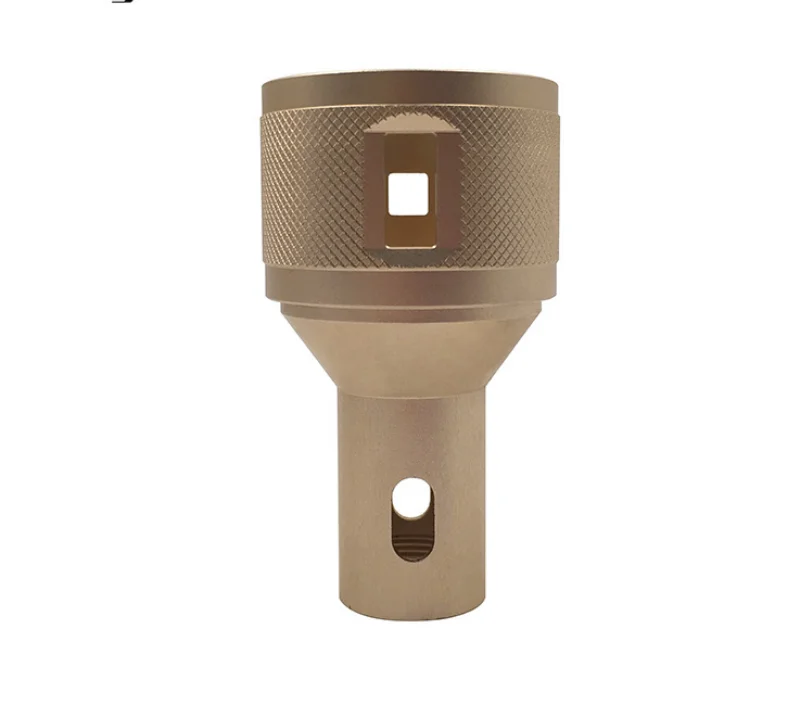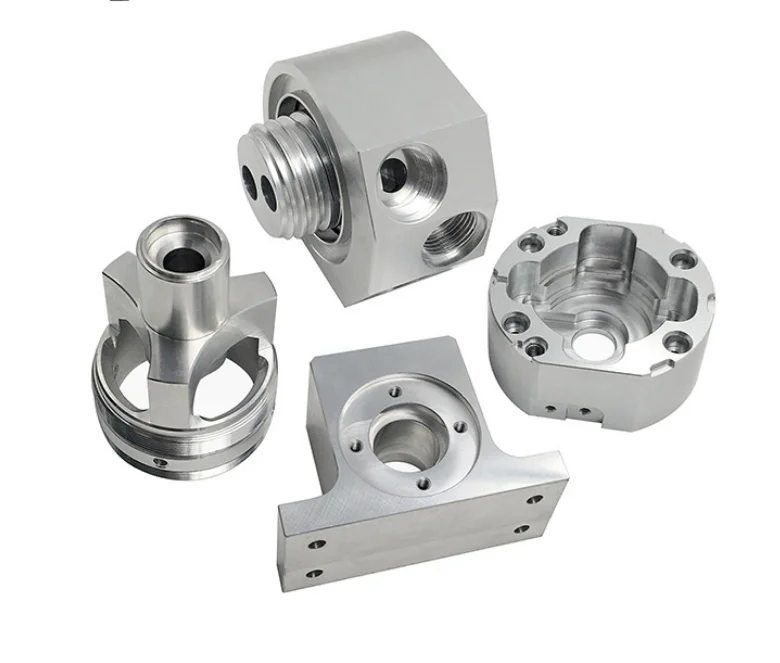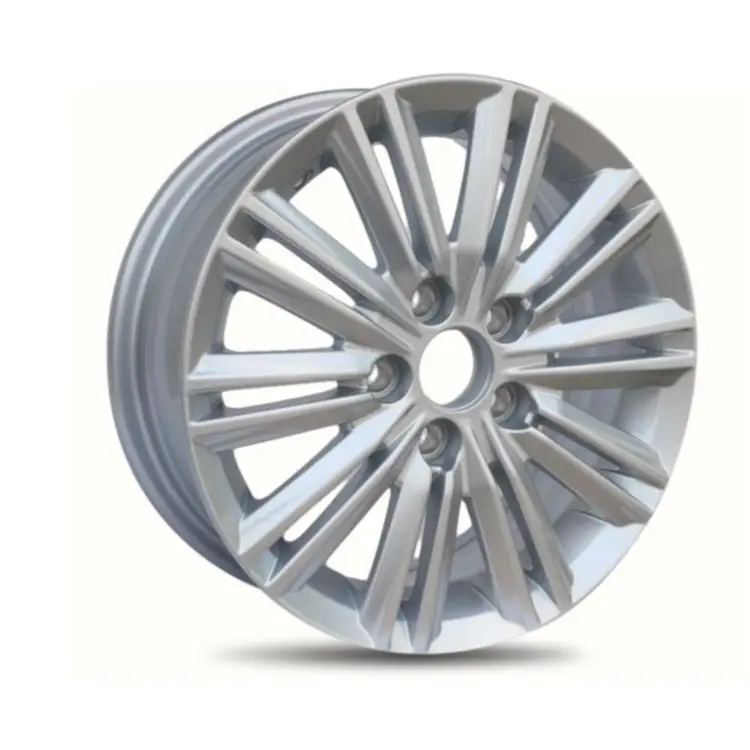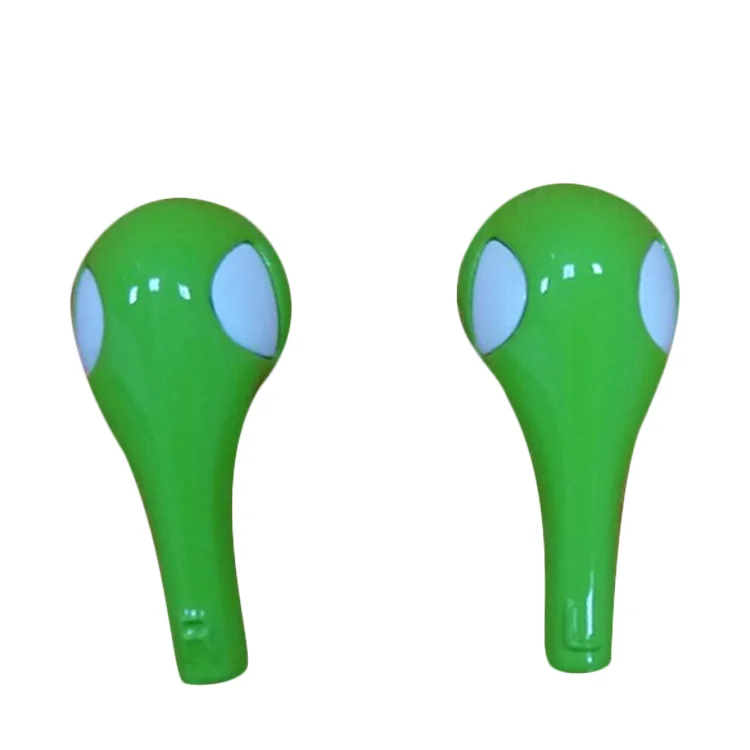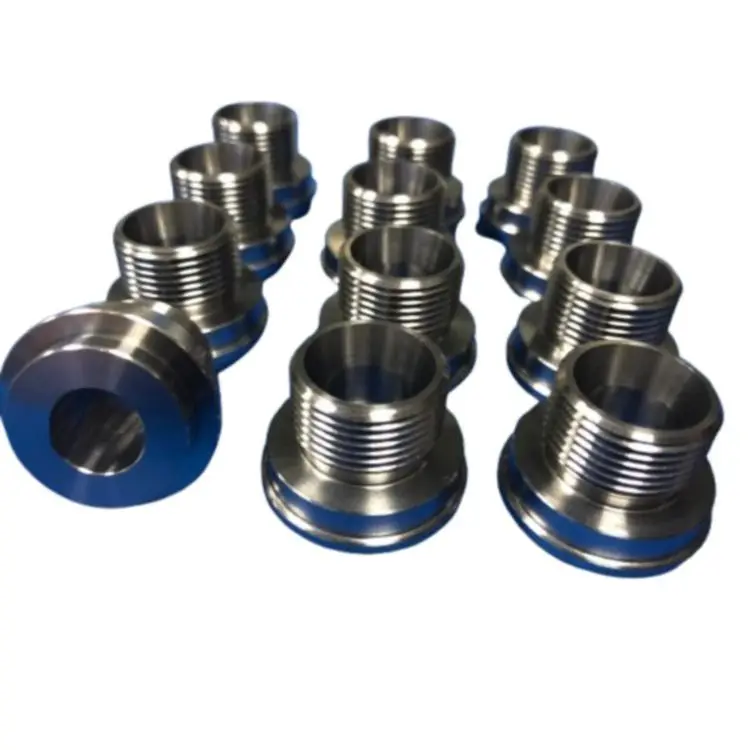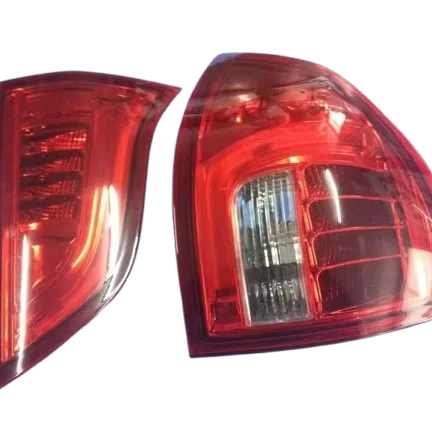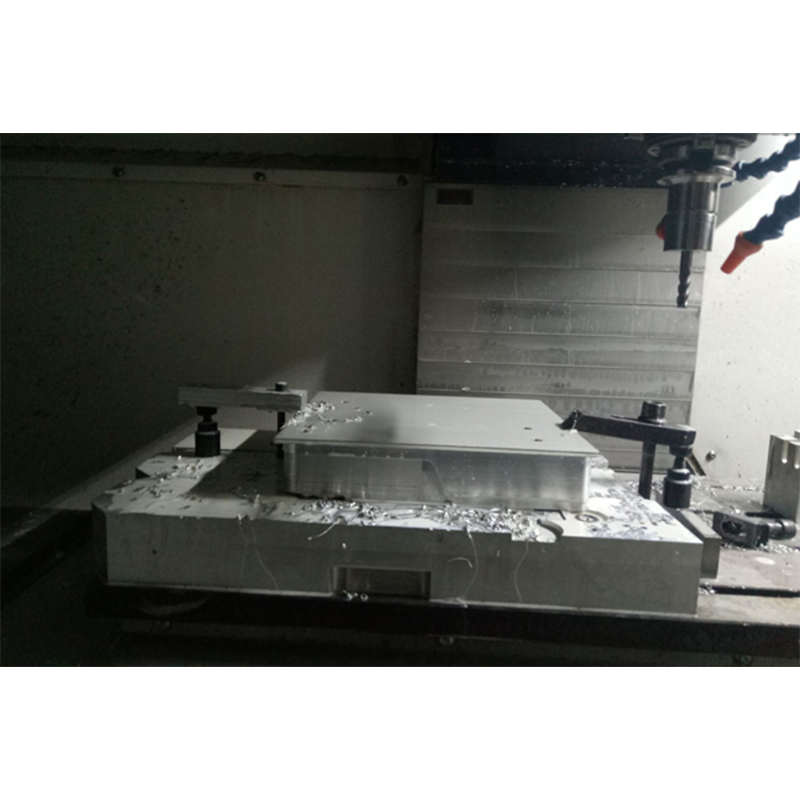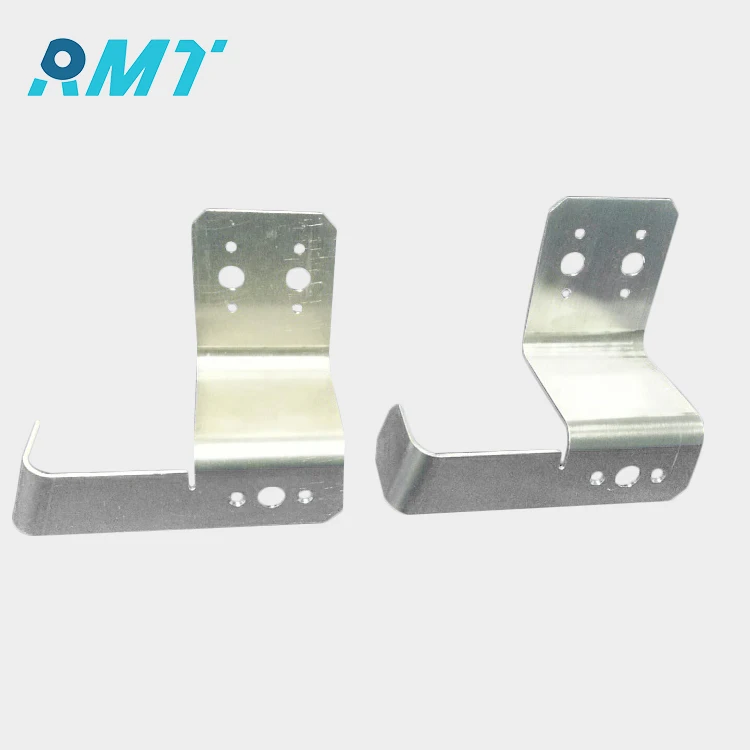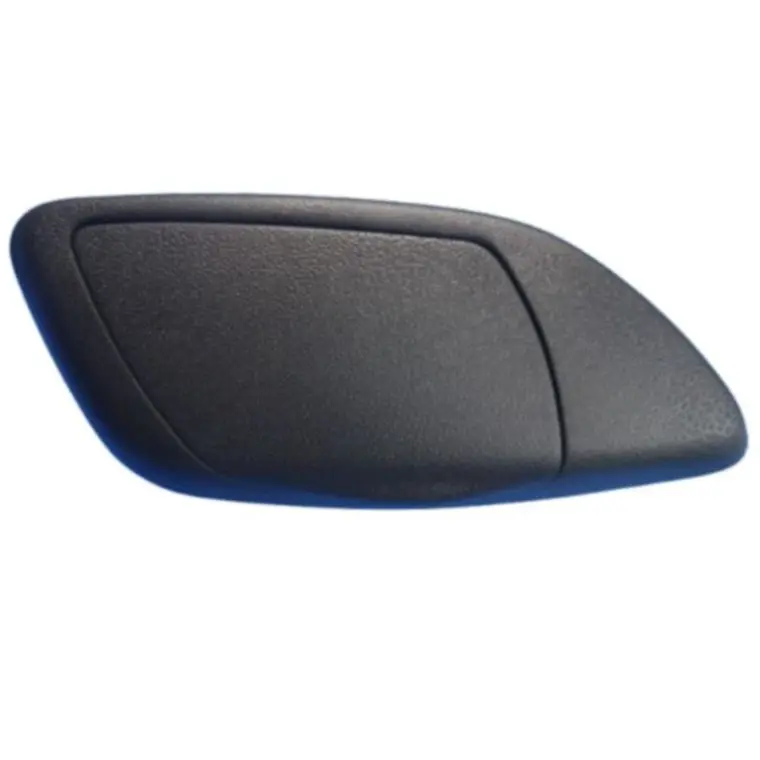Rapid Prototyping: Accelerating Product Development Cycles
How Rapid Prototyping Accelerates Product Development Cycles
Reducing Time-to-Market Through Agile Iterations
Rapid prototyping significantly reduces the time-to-market for products by facilitating quick iterations that allow businesses to test and modify designs based on feedback. By employing agile methodologies, companies can focus on incremental improvements and swiftly respond to market demands. The ability to produce functional prototypes within days instead of months accelerates decision-making and development timelines. According to a McKinsey report, companies implementing rapid prototyping can shave off up to 60% of their product development phases. This remarkable speed benefits companies by allowing them to stay competitive and meet customer needs promptly.
Cost-Efficiency in Early-Stage Design Validation
Rapid prototyping provides cost-efficiency in product development by enabling businesses to validate designs at an early stage. This minimizes costly changes later in the development phase and helps identify any potential design flaws. By using additive manufacturing technologies like 3D printing, companies can save significantly on production costs compared to traditional manufacturing methods. The upfront testing and validation that rapid prototyping facilitates is crucial, as a study from the Harvard Business Review indicates that early prototyping can lead to a 20–30% reduction in total product development costs.
Enhancing Collaboration Across Development Teams
Rapid prototyping enhances collaboration among development teams by allowing designers, engineers, and marketers to visualize and interact with prototypes collaboratively. Using tools and platforms designed for rapid prototyping fosters better communication, ensuring all stakeholders are aligned on product goals and design specifications. Case studies reveal that firms engaged in collaborative prototyping processes experience improved team dynamics and innovation outcomes. This collaborative environment not only enriches the creative process but also leads to more effective and innovative product developments.
Critical Technologies in Modern Prototyping Services
3D Printing: Speed and Complexity in Concept Modeling
3D printing has revolutionized concept modeling, making it significantly easier to convert abstract ideas into tangible prototypes with remarkable speed and precision. This innovative technology facilitates the production of intricate designs that were once laborious and time-consuming to achieve through conventional methods. Engineers can explore a variety of materials with differing properties, allowing them to identify the most suitable matches for their projects. As a testament to its growing significance, a projection by Gartner predicts that 3D printing will represent over 10% of manufacturing output by 2025. This trend highlights the increasing reliance on 3D printing within rapid prototyping manufacturing to foster creativity and optimize product development cycles.
CNC Machining: Precision for Functional Prototypes
CNC machining stands out as a critical technology in crafting high-precision prototypes that are vital for thorough testing and validation. These machines deliver an exactness that closely mirrors the final product, making them invaluable in creating functional prototypes that endure rigorous evaluations. The versatility of CNC machines extends to a multitude of materials, including metals and plastics, broadening their application scope and enhancing the realism of the prototypes they produce. Statistical data underscores their utility, showing that CNC machined prototypes bear up to 90% similarity to production parts. This precision proves crucial for effective and accurate testing, ensuring that prototypes closely conform to production expectations and requirements inherent in rapid prototyping services.
Integrated Approaches for Complex Fabrication
Utilizing an integrated approach that combines technologies like 3D printing and CNC machining is key to tackling intricate design challenges in prototyping. This methodology permits the seamless assembly of components requiring varied precision levels, thereby enhancing prototype functionality. The value of such an approach is evident, with research indicating that companies adopting integrated prototyping strategies experience a 25% boost in project timelines and quality. The convergence of these technologies enables the creation of more complex and sophisticated prototypes, driving the effectiveness of rapid prototyping in meeting diverse and evolving manufacturing needs efficiently.
RMT’s CNC Machining Solutions for Rapid Product Development
High-Quality Custom 5-Axis CNC Machined Parts
RMT excels in providing high-quality custom 5-axis CNC machining services, delivering intricate components that are pivotal in accelerating product development while ensuring precision and durability. This advanced machining technology allows for the creation of complex geometries with fewer setups, significantly reducing overall production time. The precision involved in 5-axis CNC machining not only enhances part accuracy but also leads to lower rejection rates, ensuring higher productivity and cost efficiency in manufacturing.
Precision 3-Axis/5-Axis Stainless Steel Components
RMT specializes in the precision machining of stainless steel components, employing both 3-axis and 5-axis CNC technology to ensure high tolerance levels and exceptional surface finishes. The choice of stainless steel is pivotal for high-performance applications due to its innate strength and resistance to corrosion. By leveraging advanced CNC techniques, RMT efficiently adapts to meet specific customer design requirements, ensuring that every component meets precise engineering specifications and quality standards.
Factory-Grade CNC Milled Cavity Parts
RMT’s expertise extends to the production of factory-grade CNC milled cavity parts that are engineered for optimal functionality and superior performance in challenging environments. The precision involved in machining cavity parts plays a crucial role in enhancing the overall quality and durability of the final product. RMT's CNC milled parts undergo stringent quality assurance processes to comply with industrial standards, ensuring they reliably meet the stringent requirements of various sectors.
Custom Threaded Stainless Steel Accessories
RMT's offerings include custom threaded stainless steel accessories that are meticulously crafted to meet unique industry specifications. The threading process is vital to ensure secure connections in mechanical assemblies, enhancing stability and reliability. By utilizing state-of-the-art CNC technology, RMT consistently delivers sophisticated and precise threaded component designs that align with specific customer requirements, ensuring high quality in every piece produced.
Durable CNC Turned Mechanical Parts
RMT's durable CNC turned mechanical parts are engineered for longevity and robust performance, suitable for a wide range of applications. The turning operations employed by RMT yield high-precision round parts capable of meeting demanding load and wear specifications. With the capability to manufacture these parts in high volumes, RMT effectively addresses various industry needs, ensuring both efficiency and reliability in its product offerings.
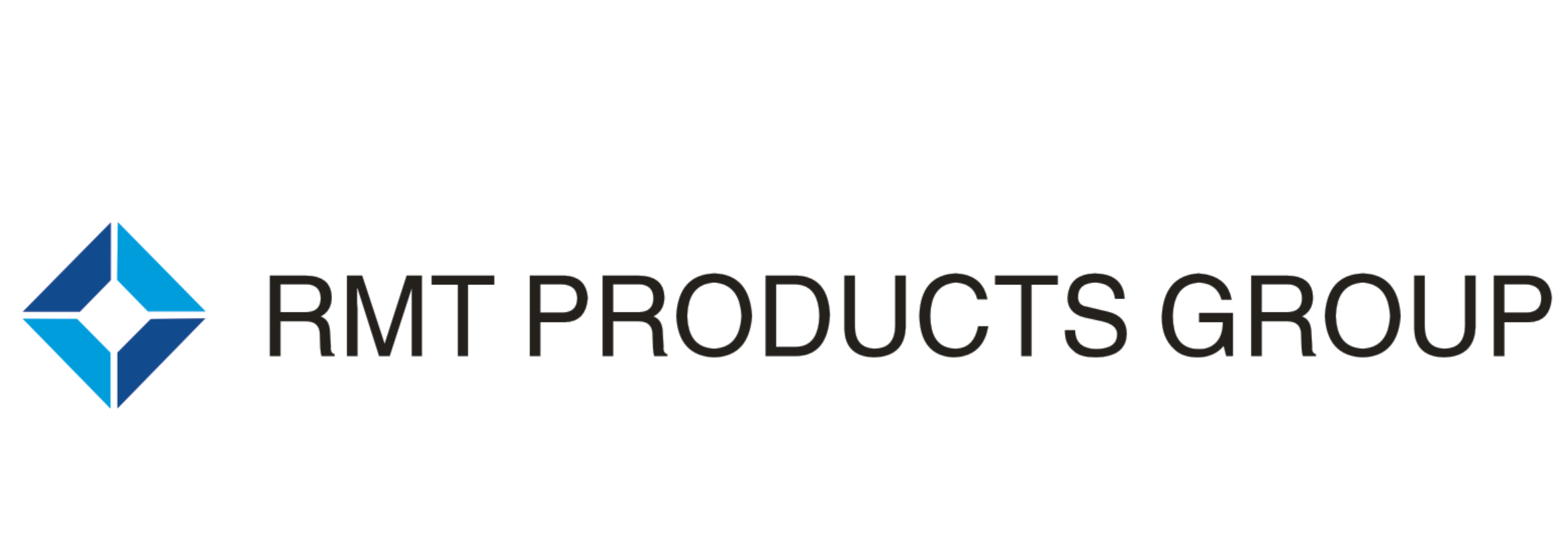
 EN
EN
 AR
AR
 BG
BG
 HR
HR
 CS
CS
 DA
DA
 NL
NL
 FI
FI
 FR
FR
 DE
DE
 EL
EL
 IT
IT
 JA
JA
 KO
KO
 NO
NO
 PL
PL
 PT
PT
 RO
RO
 RU
RU
 ES
ES
 SV
SV
 IW
IW
 LV
LV
 SR
SR
 SK
SK
 UK
UK
 GL
GL
 HU
HU
 TH
TH
 TR
TR
 FA
FA
 GA
GA
 CY
CY
 EU
EU
 BN
BN
 BS
BS
 LA
LA
 NE
NE
 SO
SO
 KK
KK

